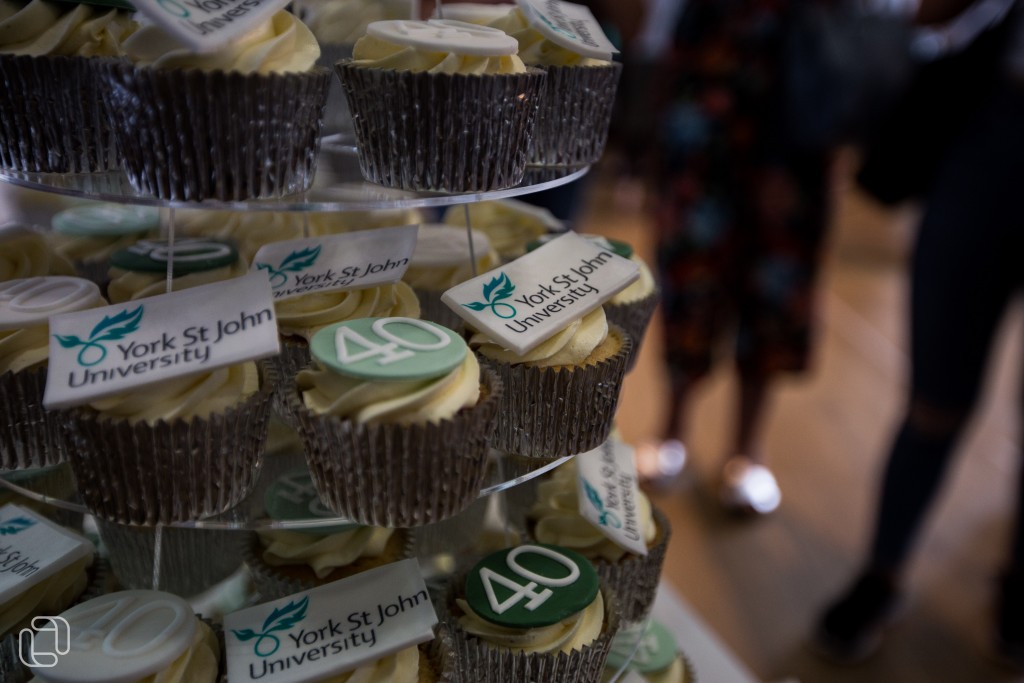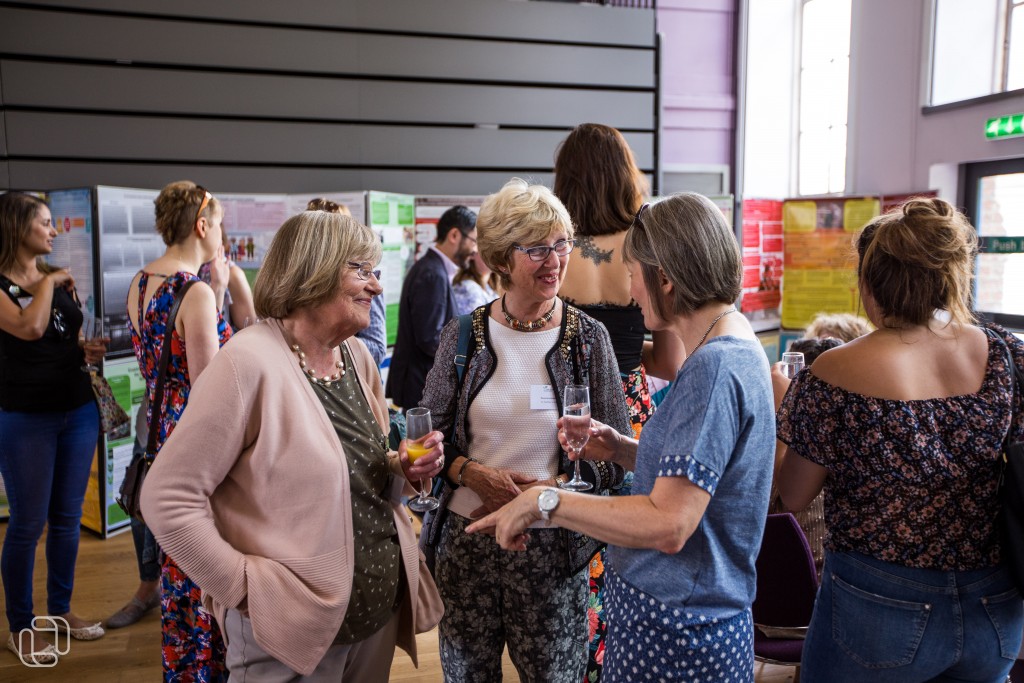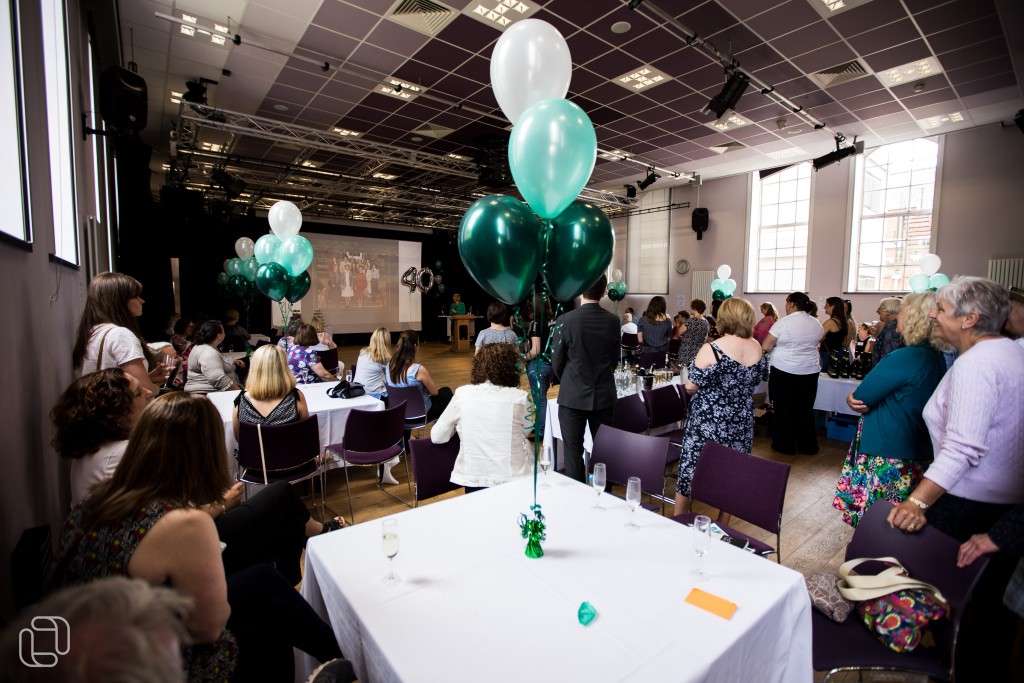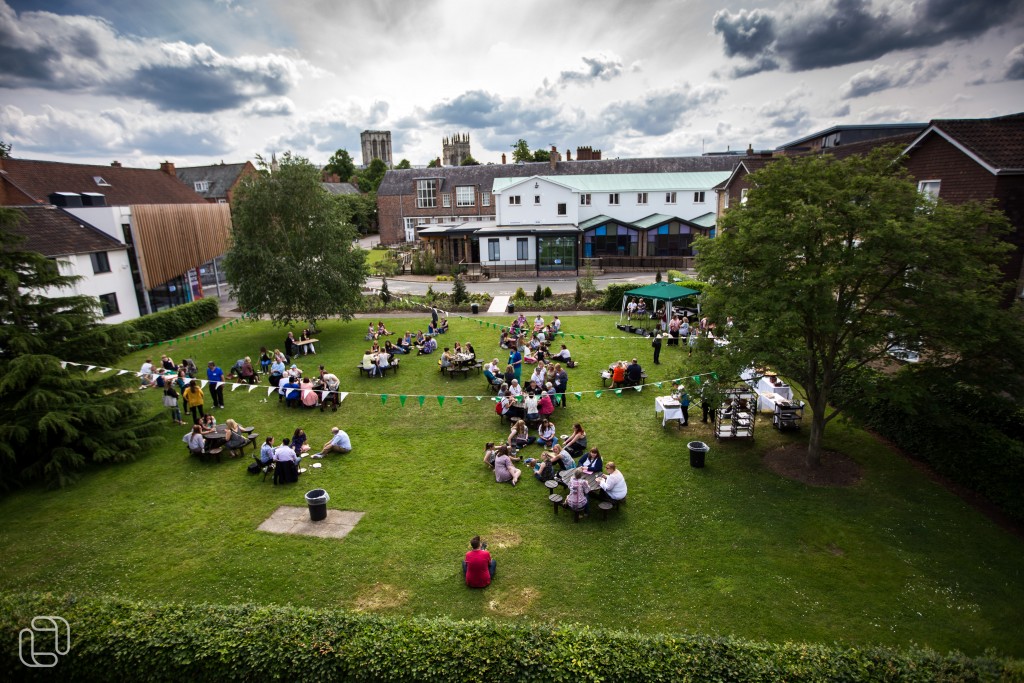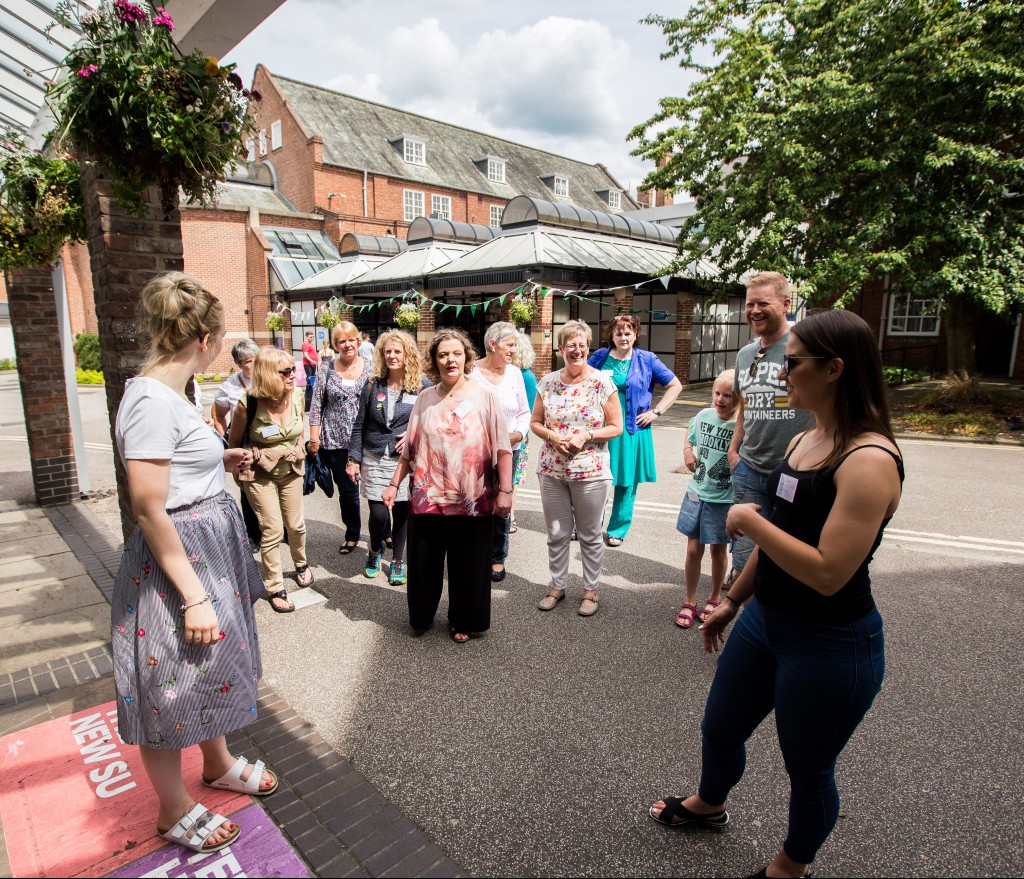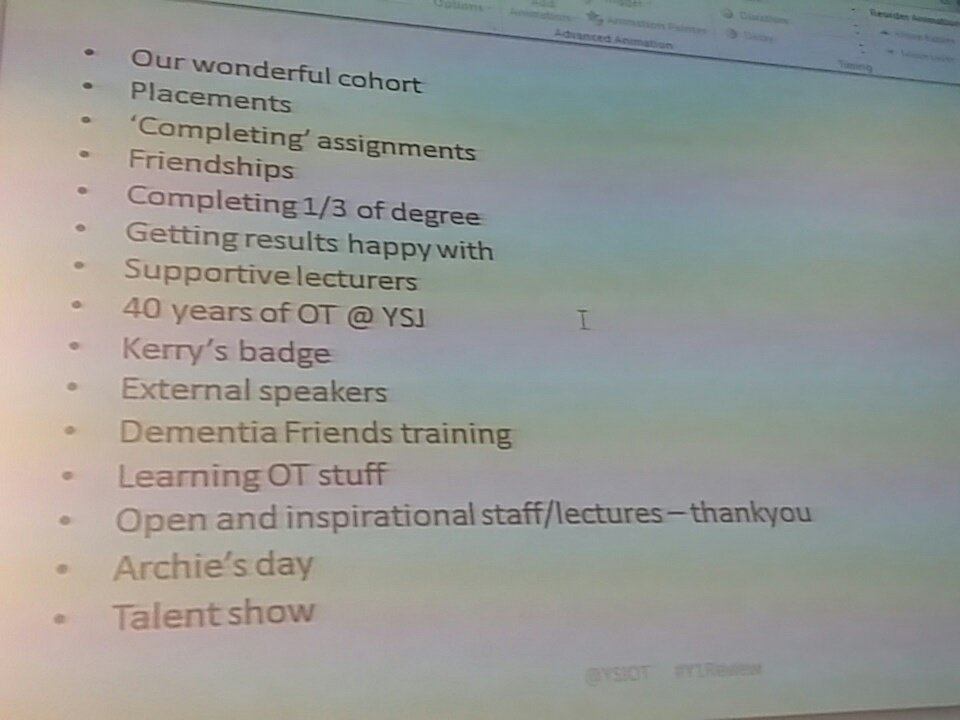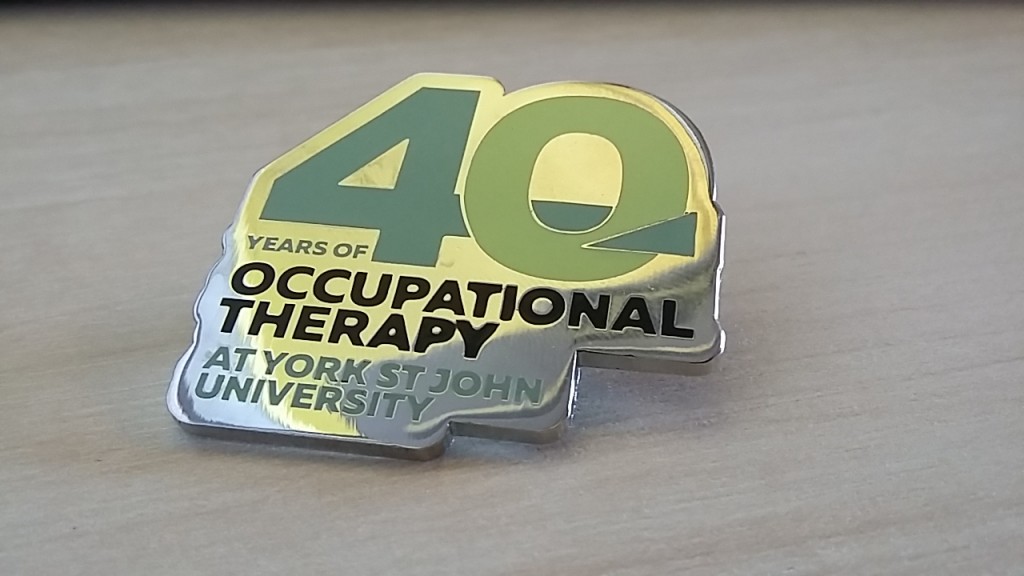Two of our senior lecturers (Hannah Spring and Fiona Howlett) and two of our recent graduates (Claire Connor and Celia Bentley) attended the conference from 22nd-25th May 2018 in Cape Town, South Africa to disseminate the findings from their final year Students as Co-Researcher (SCoRe) projects.
Hannah and Fiona have kindly shared their experiences of presenting an oral paper.
The value and meaning of a community centre service for refugees and asylum seekers: culture, collectivism and application for occupational therapy
This presentation focused on presenting the findings of the first project we did with asylum seekers and refugees. The study aimed to explore and evaluate the value and meaning of a community centre for refugees and asylum seekers, and to identify the occupational preferences of the community centre users.
What did you hope to gain from attending the conference?
We travelled to the conference to present our research on an international platform. WFOT is the largest, most prestigious conference for occupational therapy with a delegation of around 3000. We aimed use the conference for networking opportunities and to meet colleagues with similar research interests.
Please summarise your main points of reflection
• We were surprised and delighted to find that there are many other researchers doing work in a similar area to ours
• We were pleased make new contacts with a view to collaborative teaching and research
• Our presentation was very well received and helped us to realise the importance of our work. Many people congratulated us and came to speak to us about it afterwards.
Do you have a highlight from the conference?
• Being invited by colleagues from Europe to collaborate on teaching and learning exchange opportunities for staff and students in the area of community engagement with asylum seekers and refugees
• Being invited to share data and jointly research/publish with established researchers in this area from Australia
• Seeing two of our recently graduated students enthusiastically use the conference as a springboard to developing and furthering their careers
• Having the opportunity to explore Cape Town and neighbouring areas to learn about the history, wildlife and culture of South Africa








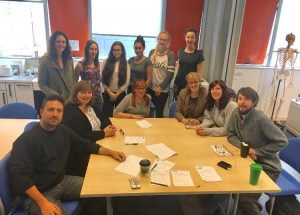
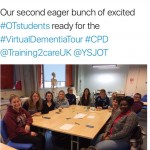
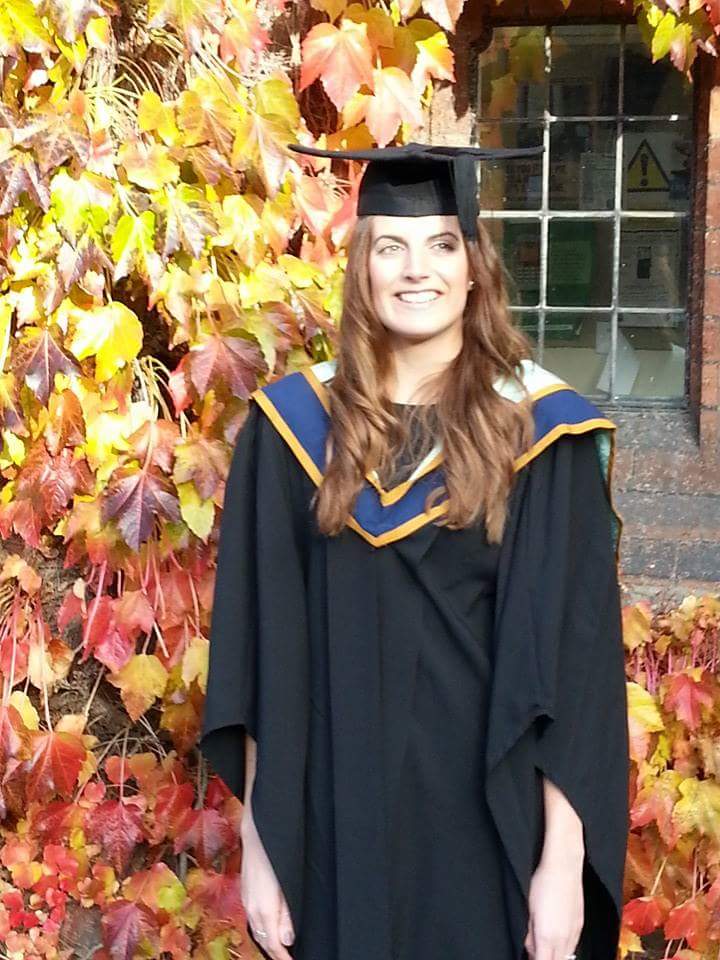
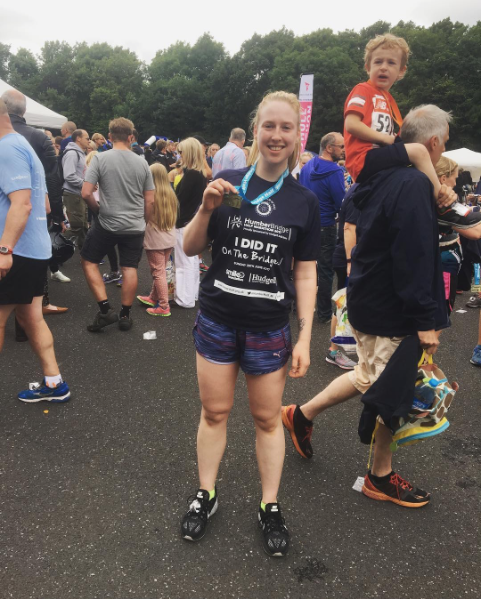


 Most importantly, the end of term does not herald the end of Spring into Action, since the Occupational Therapy Society at York St John has voted to carry out further fundraising activity for RASP next academic year. We hope for and intend these endeavours to be occupation-focused and aimed at facilitating service users’ participation in activities. Current ideas in the pipeline include the provision of sports equipment to offer an outlet for pent-up energy; toys to add colour to the lives of the many children who access RASP; and educational resources to aid any eventual forays into further education or employment. These ideas are still relatively nebulous and will no doubt benefit from the time and thinking-space afforded by a long summer break! In the meantime, we welcome any related ideas and encourage initiatives that will make this charitable partnership a long-term one.
Most importantly, the end of term does not herald the end of Spring into Action, since the Occupational Therapy Society at York St John has voted to carry out further fundraising activity for RASP next academic year. We hope for and intend these endeavours to be occupation-focused and aimed at facilitating service users’ participation in activities. Current ideas in the pipeline include the provision of sports equipment to offer an outlet for pent-up energy; toys to add colour to the lives of the many children who access RASP; and educational resources to aid any eventual forays into further education or employment. These ideas are still relatively nebulous and will no doubt benefit from the time and thinking-space afforded by a long summer break! In the meantime, we welcome any related ideas and encourage initiatives that will make this charitable partnership a long-term one.